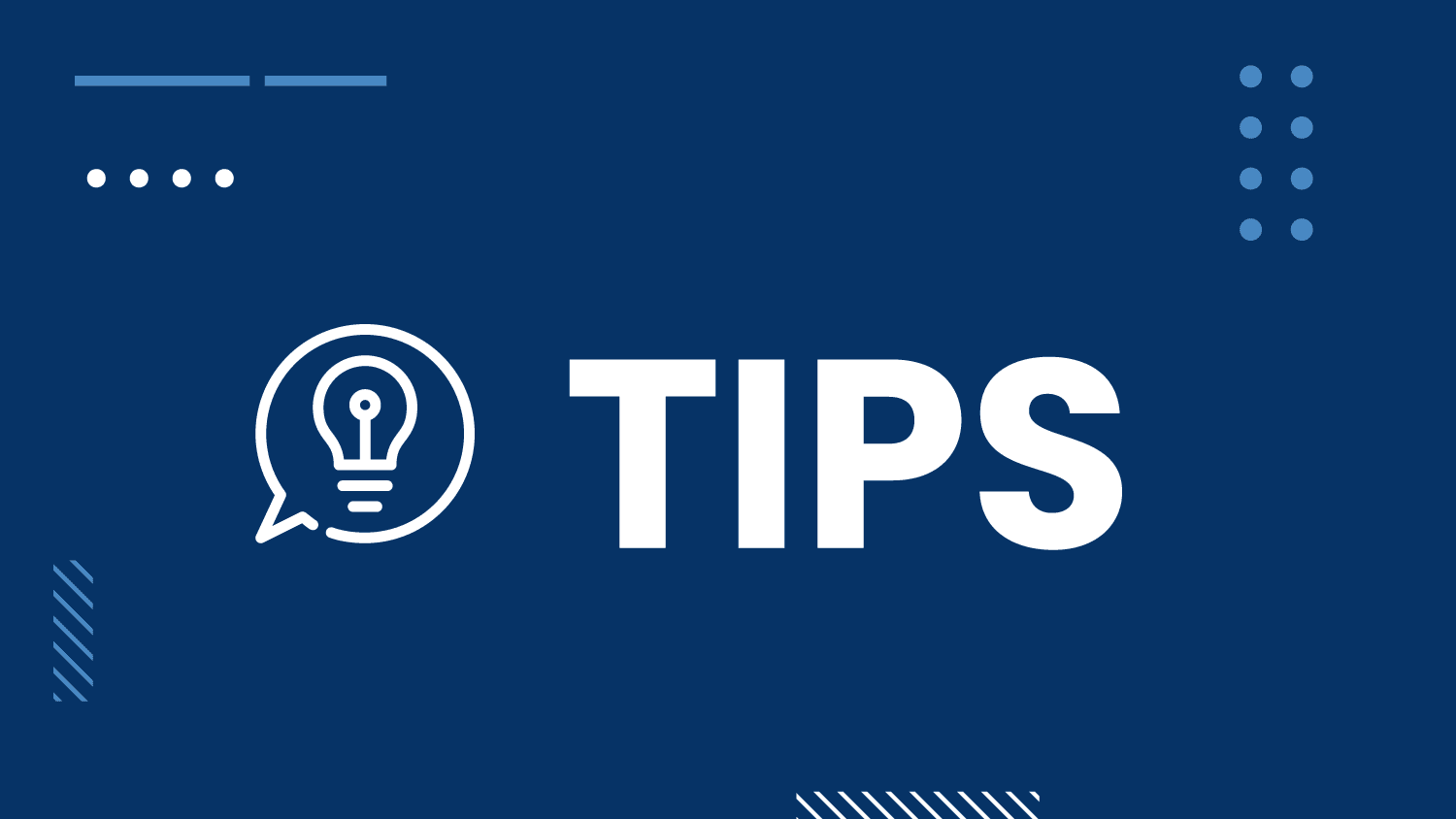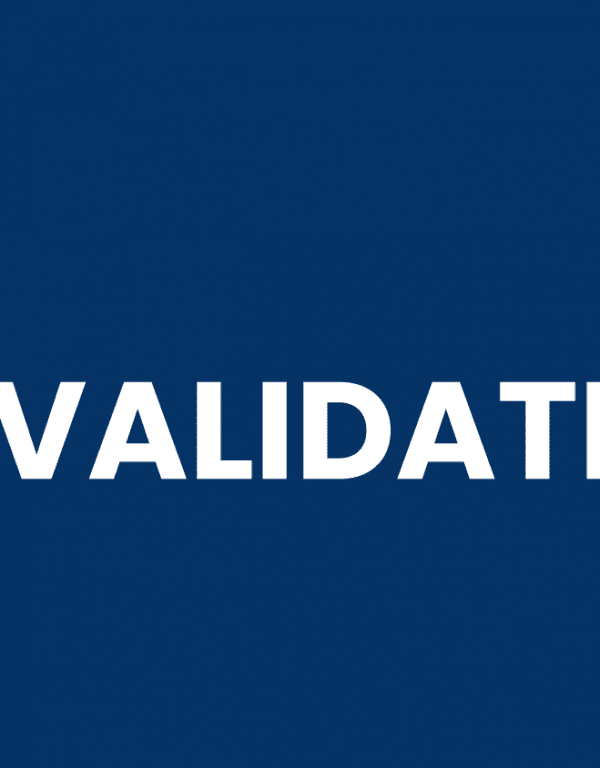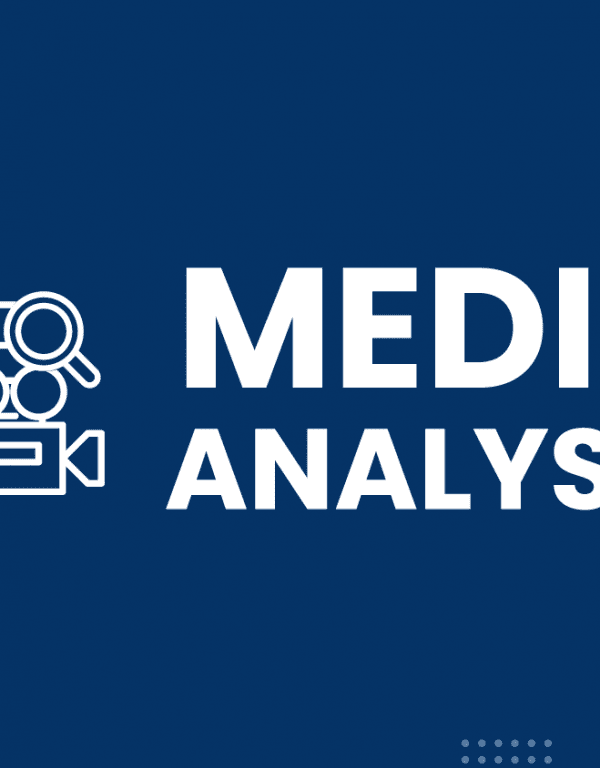
As part of our predictions for 2020, we said we expected the media to cover this, and the New York Times recently provided some tips as part of its “Smarter Living” initiative, entitled, “How to Turn Depressing Social Media Into a Positive Influence.”
According to the Times, “The current state of the modern world is a billion voices screaming for your attention, and it’s easy to let the most negative ones filter through and bring you down. It can be exhausting, and if your real life is already a struggle, adding digital gloom can be overwhelming.”
The article, whose subhead says, “Don’t let Facebook, Instagram or Twitter become negative aspects of your life. Here’s how to fix them,” provides tips on for those three social media platform such as:
- Be selective who you follow. “Don’t follow accounts or hashtags you don’t like.”
- Go back and unfollow friends “who only post negative things…or (those) who only writes rude comments.”
- Don’t click on things you don’t like. The reason: Instagram knows what you look at so it will continue to serve up photos similar to the others you’ve tapped. “Click on something else. It won’t take long to adjust and show you that.”
- Skip Insta’s Search page. Instead, “only look at the accounts you follow.”
- Consider muting or blocking on Twitter to avoid “the most terribly toxic tweeters.”
- “Enable the Quality filter and other advanced filters to cut down on replies from accounts with only a few followers (i.e., likely spam or bots).”
- “Don’t post anything you don’t want.” People sometimes feel compelled to post but you don’t have to.



